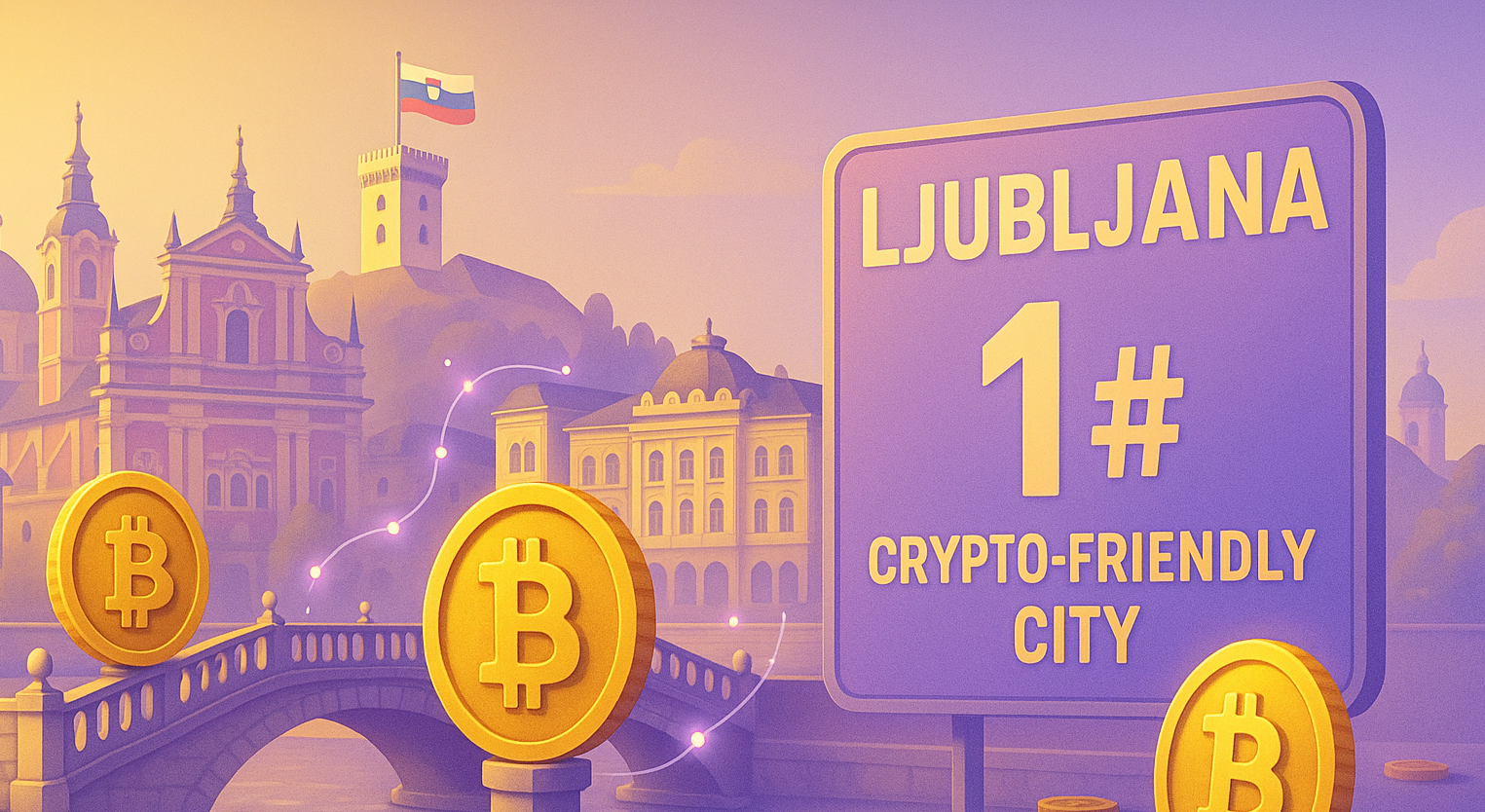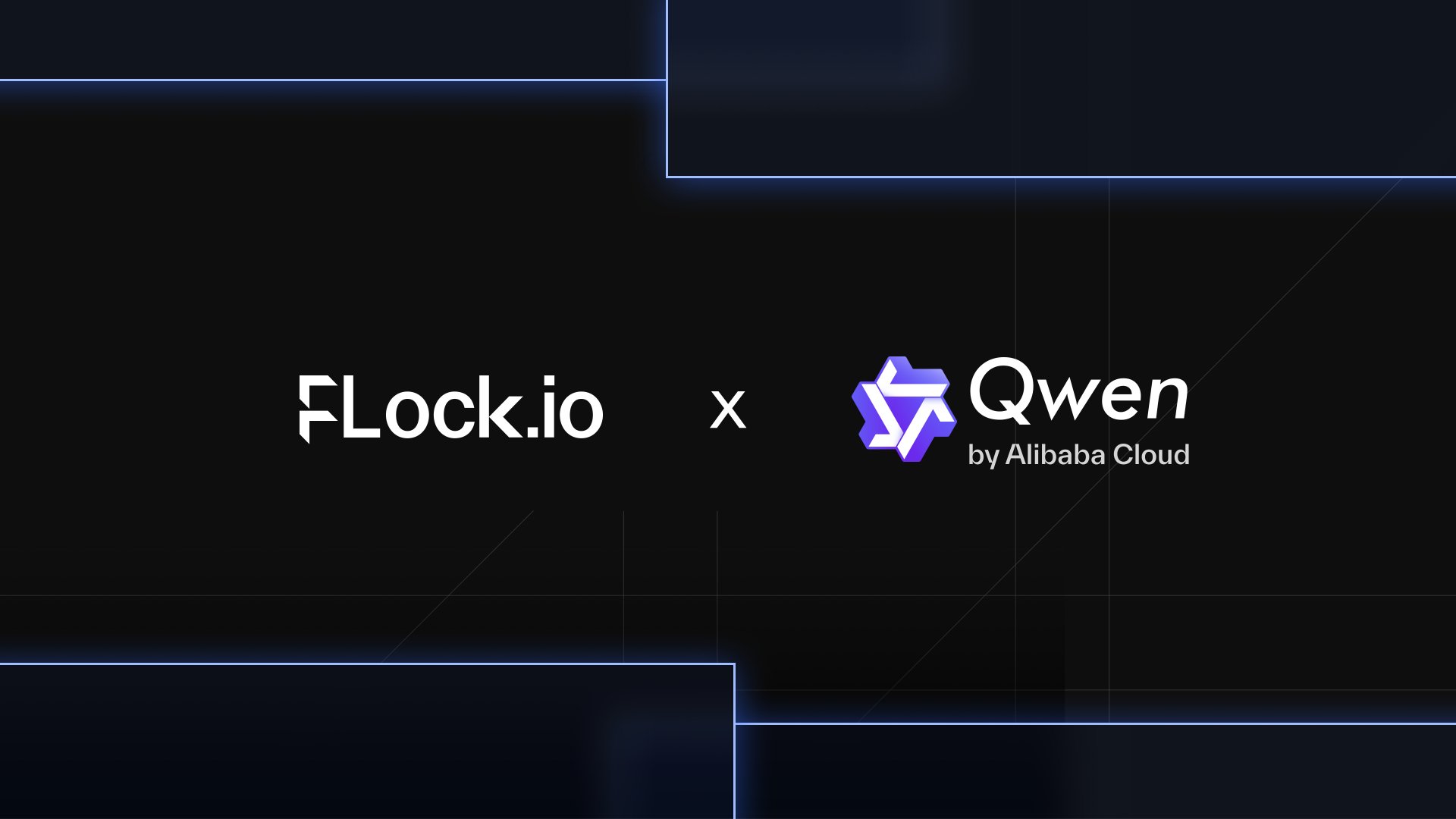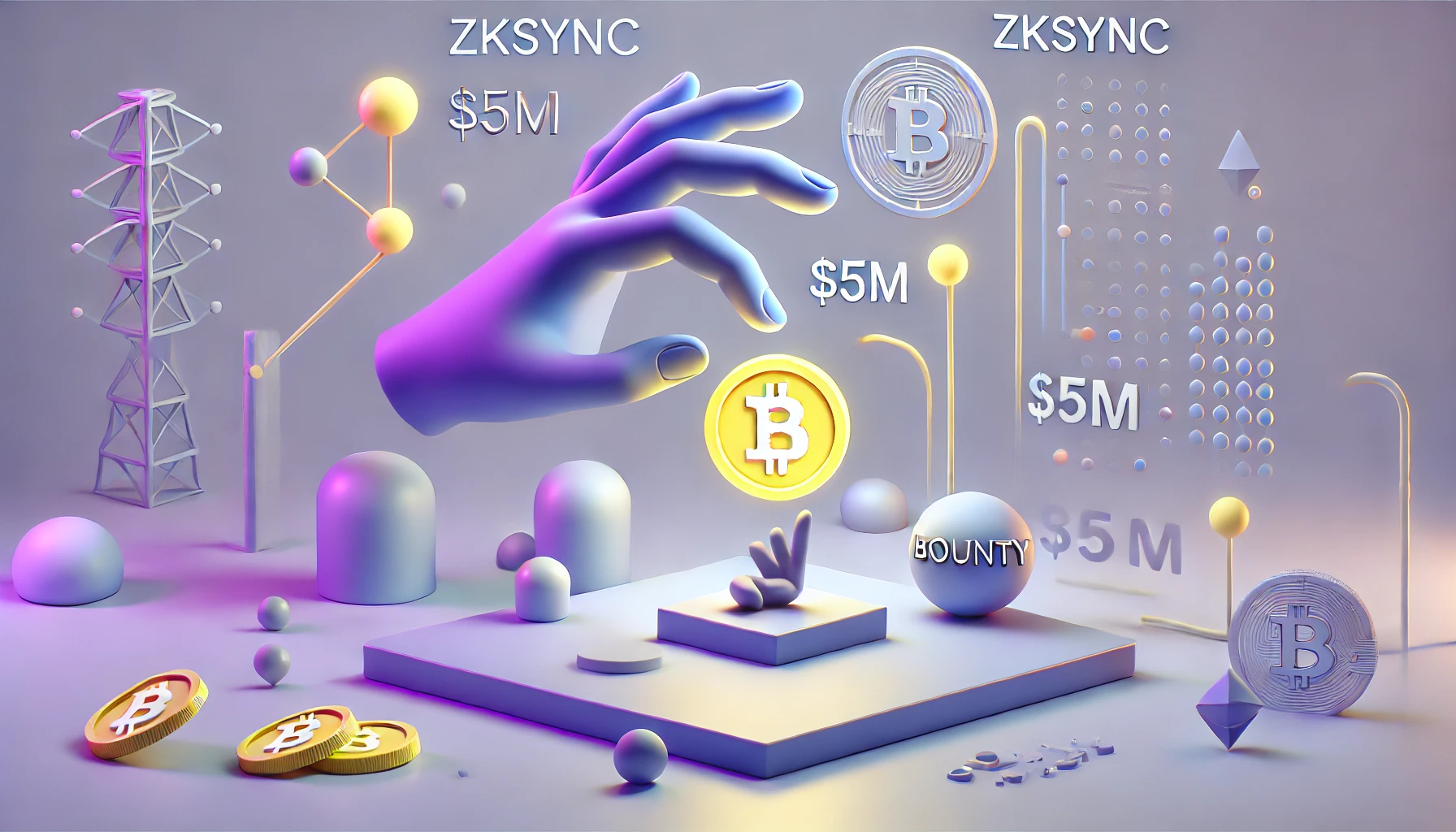KfW, the German state-owned development bank, recently announced its intention to issue tokenized bonds, marking a significant step in the adoption of blockchain technology in the traditional financial sector. In collaboration with Boerse Stuttgart Digital (BSD), KfW is preparing to develop bonds that will take advantage of the advantages offered by tokenization. This initiative is taking place in a context where interest in tokenization of financial assets is growing and could transform the way bonds are issued and managed.
Tokenization: a revolution for the bond market
The tokenization of bonds represents a major step forward in finance. By digitising financial assets, KfW aims to authenticate ownership and transaction history in a secure and transparent manner. This process could simplify market operations, reduce transaction costs and improve the efficiency of issuance and settlement processes. Indeed, tokenization allows a specific asset to be represented digitally, which facilitates its exchange on blockchain-based platforms. This KfW initiative is also part of the European Central Bank’s (ECB) trial to explore the use of blockchain-based transactions for central bank money.
A suitable regulatory framework for tokenization
The issue of token-backed bonds by KfW will be in accordance with the German Electronic Securities Act (eWpG), which aims to establish a legal framework for asset tokenization. This regulatory framework is essential to ensure the security and legitimacy of blockchain transactions, thus providing protection for investors. By working with Boerse Stuttgart Digital, KfW ensures that private keys and portfolios are secured throughout the bond issuance and redemption process.














